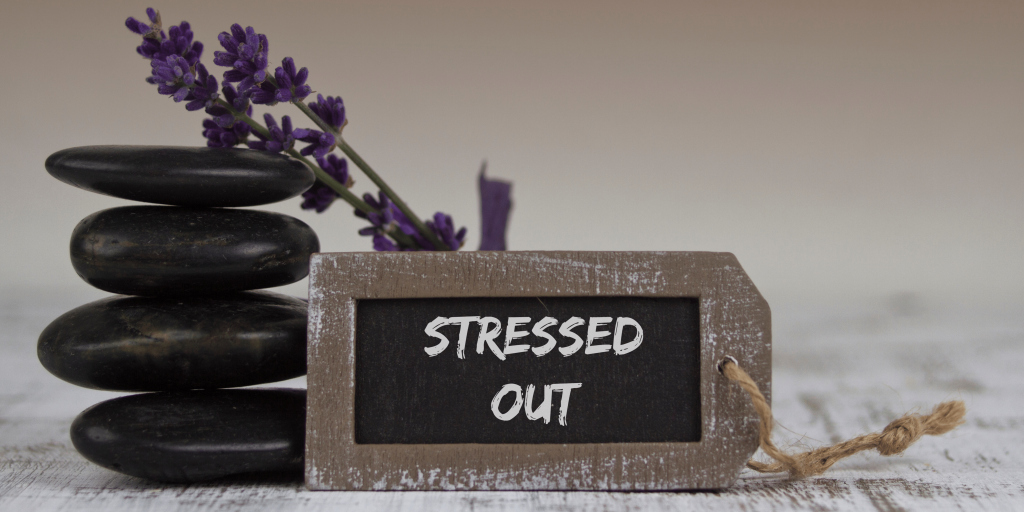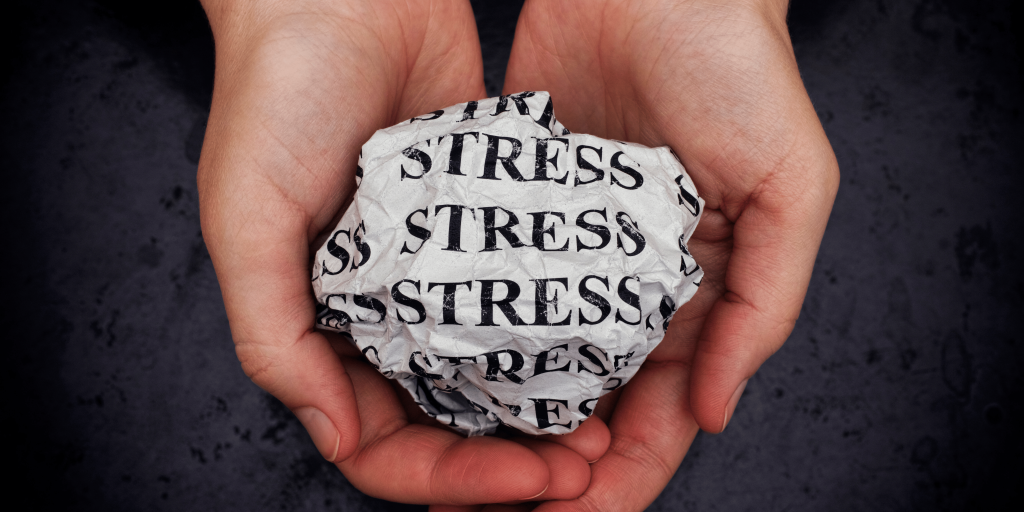Massages for Anxiety and Stress
Why is anxiety so widespread? No one knows exactly why but a lot of researchers attribute the increase in anxiety disorders to factors including poor sleep habits, reduced stigma, and increased social media exposure.
Causes of Increased Anxiety and Stress
Social media has been blamed for increasing rates of anxiety, especially among twenty-somethings and teenagers. It is believed that social media negatively impacts mental health in general. The fear of missing out (FOMO) and the comparison of lifestyles in social networking can cause anxiety, along with the fact that social networking makes people feel isolated. Social media is addictive and its usage produces the same amount of dopamine as a drug.
Artificial lighting and bad sleep habits have both increased, along with the advancement of technology. Melatonin, the sleep hormone, is negatively affected by exposure to blue light late at night, especially from your computer or phone.
A Kneady Solution
It may be just what you need to help you reduce stress, tension, and discomfort.
For thousands of years, people have used massage to heal their skin, muscles, ligaments and tendons.
During a massage, your heart rate, blood pressure, as well as cortisol levels will decrease which in turn allows your body and mind to slow down and relax.
However, it isn’t a panacea for all ailments. Performing a massage incorrectly can do more harm than good. Therefore, it is advisable to go to an established wellness centre for your massage therapy.
What Makes Massage An Effective Remedy for Stress and Anxiety?
Many benefits can be obtained from a massage.
Muscles and tissues are first treated with structured and purposeful manipulations. It will help to align the body in the best way possible, reduce pain and improve posture. Secondly, the power of touch is harnessed in massage. Massages are beneficial in many ways, but they are not a substitute for conventional medicine. Make sure to mention to your doctor that you are trying a massage and that you intend to continue the treatment with him or her.
Really?!
Massage therapy reduces feelings of anxiety by:
- Lowering the stress hormone – cortisol
- Alleviating pain
- Relieving muscle tension and soreness
Feelings of happiness can be experienced by activating the pregenital anterior cingulate cortex, the part of the brain that controls our emotions. In addition, euphoria is produced by the activation of the pregenital anterior cingulate cortex during the massage. In addition to this, massage raises the activity of the left frontal lobe of the brain, while lowering the activity of the right. Hence, reducing the feeling of gloom and doom and instead, promoting positive thoughts.
Massage can reduce muscle tension, pain, and stress. Researchers discovered that massage releases endorphins, a natural pain killer that everyone has in their body. It could even have a beneficial effect on the heart rate and the immune system.
General Benefits of Massages:
MENTAL HEALTH AND WELLNESS
There are benefits of massage for depression, anxiety, and stress, and it can also help with other mental health conditions. Research has also shown that massage can improve mood and energy levels in people who suffer from seasonal affective disorder.
PAIN
Massage is great for persistent lower back and neck pain, rheumatoid arthritis, osteoarthritis of the knee, burning pain or rehabilitation from scar tissue. Massage therapy for the aged helps manage the aches, chronic pain and pains of ageing.
FIBROMYALGIA
In terms of pain management, fibromyalgia is a specific area of research for massage. Scientists notice potential advantages in the use of massage to alleviate fibromyalgia symptoms if the treatment is continued long-term.
HEART HEALTH
Massage can be a valuable tool for improving your heart health. It is believed that massage can help reduce high blood pressure and stress levels, which are both good for the heart.
Regular massage improves mood, relaxation, and stability, and it even helps reverse the effects of heart disease, high blood pressure, and osteoarthritis, as well as high blood pressure, according to researchers.
Best Massage For Stress And Anxiety
If you are not a regular massage patron, you may want to try one that will soothe your points of pain.
Best Massage For Stress And Anxiety: Aroma Massage
Aromatherapy has many benefits, but most people focus mainly on improving their mood and reducing stress.
The therapist is going to use a variety of essential oils to give a full-body massage for 60 to 90 minutes that will benefit your entire body.
The best thing about essential oils is that they each have their special properties. Combined with appropriate massage techniques and serene music, it creates the perfect ambience for relaxation.
Best Massage For Stress And Anxiety: Swedish Massage
Relaxing and soothing massage techniques are combined in a Swedish massage to help soothe aching bodies and overactive minds.
The therapist uses long and flowing strokes to knead and loosen up tight muscles aimed at the heart. This massage lasts between 60 – 90 minutes and can considerably help relieve minor pains.
A Swedish massage will be perfect for someone who wishes to achieve full-body relaxation and get rid of stress quickly.
Best Massage For Stress And Anxiety: Shiatsu Massage
With this Japanese style of massage, the therapist utilises pressure points to help patients feel less stressed and rid themselves of muscle tension and pain.
Shiatsu is a very effective treatment for removing headaches.
The massage therapist will spend about 60 to 90 minutes focusing on the areas that need the most attention, then moving on to the next.
Best Massage For Stress And Anxiety: Deep Tissue Massage
A firmer technique known as deep tissue massage that releases stubborn knots quickly relieves and eases chronic muscle tension.



Leave a Reply